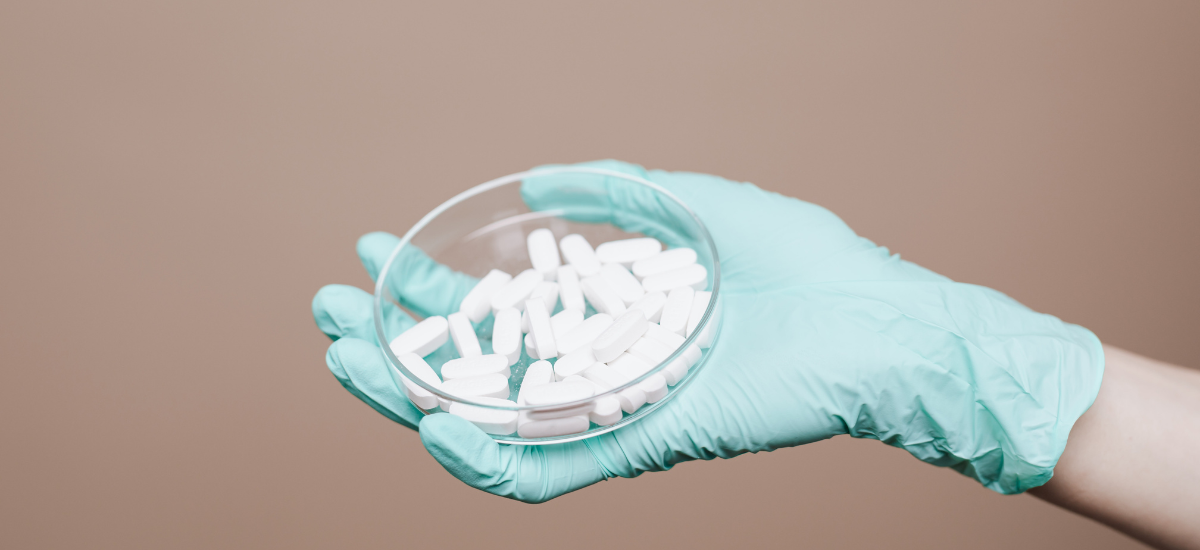To reduce the number of adverse drug events suffered by patients, a new study suggests an in-person meeting between hospital pharmacists and prescribing residents is helpful.
Medication errors are the most common medical error. A medication error is any “preventable harm event” that occurs along the medication supply chain from manufacture to patient administration. Because of the complicated delivery route of drugs, there is significant opportunity for medical error. While most medical mistakes are never realized, many cause injury. According to the Academy of Managed Care Pharmacy (AMCP) medication errors harm approximately 1.5 million people each year.
A new study published in BMC Geriatrics took a look at adverse drug events (ADE) that occur to older patients. An ADE is any medication event that results in harm or injury. The Centers for Disease Control and Prevention (CDC) notes adults over 65 visit emergency departments twice as often as younger adults and are more than seven times more likely to be hospitalized as a result.
The BMC Geriatrics study followed the inpatient route of medication to 500 patients aged 65 or older in three Dutch hospitals. A chart-review identified hospital-acquired preventable adverse drug events (pADE) and unrecognized adverse drug events (uADE). Based on the data, an intervention was developed wherein internal medicine residents met with hospital pharmacists an average of three days per week between October 2009 and June 2010. The face-to-face meetings included review of information about the status of the patient. Hospital pharmacists also tracked whether internal medicine residents were receptive to advice from the pharmacists.
Researchers found the intervention reduced the rate of preventable ADEs by 50 percent per 100 hospitalizations. As a result, study authors wrote, “a comprehensive and structured medication review by hospital pharmacists, followed by face-to-face feedback to the physicians on the ward, can significantly improve safety of medication prescribing in older inpatients. Tailoring the intervention strategy to local ADE data, resources and needs of internal medicine residents, may all have contributed to the significant reduction in hospital-acquired pADEs and uADEs.”
Even with the robust results, the research found that medication errors relating to over- or under-treatment were the least likely to be reduced using this protocol. Additionally, recommendations made by pharmacists concerning a lack of clear indication for a medication, or an inappropriate medication were least likely to be accepted by prescribing residents. That gap could be explained by residents well-versed in clinical pharmacotherapy to a greater degree than hospital pharmacists in Dutch hospitals.
Medication errors in older patients are easy to make and sometimes hard to detect. If you or a loved one are seriously injured following an ADE, speak with our legal team about your situation.
Highly reputable injury attorneys help after you suffer medical malpractice
Schochor, Staton, Goldberg, and Cardea, P.A. is an award-winning law firm representing patients injured through medical error. If you suffer serious harm due to a medication or other medical error, we can help. Contact us or call 410-234-1000 to schedule a free consultation. We have offices in Washington, DC and Baltimore, Maryland.













